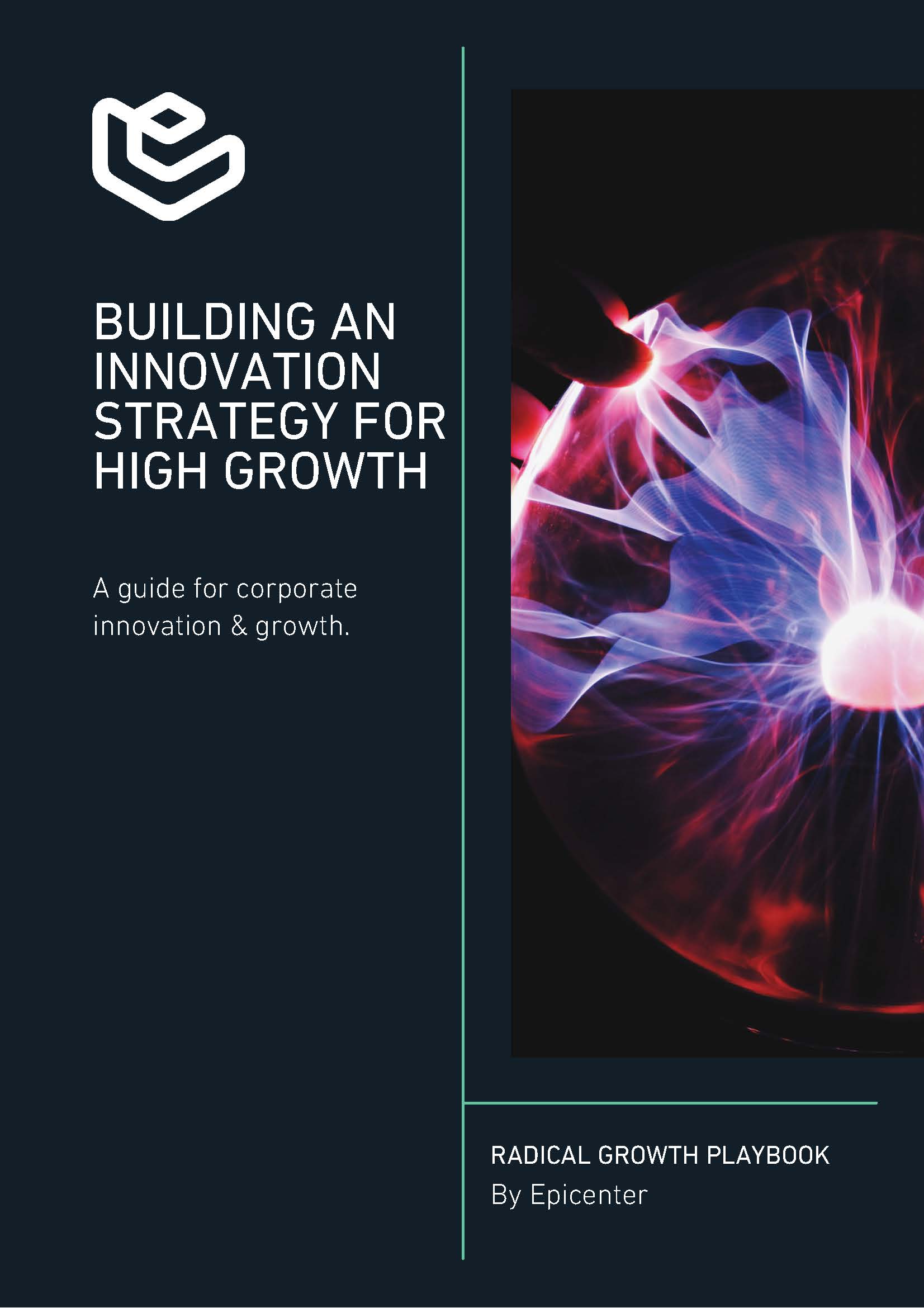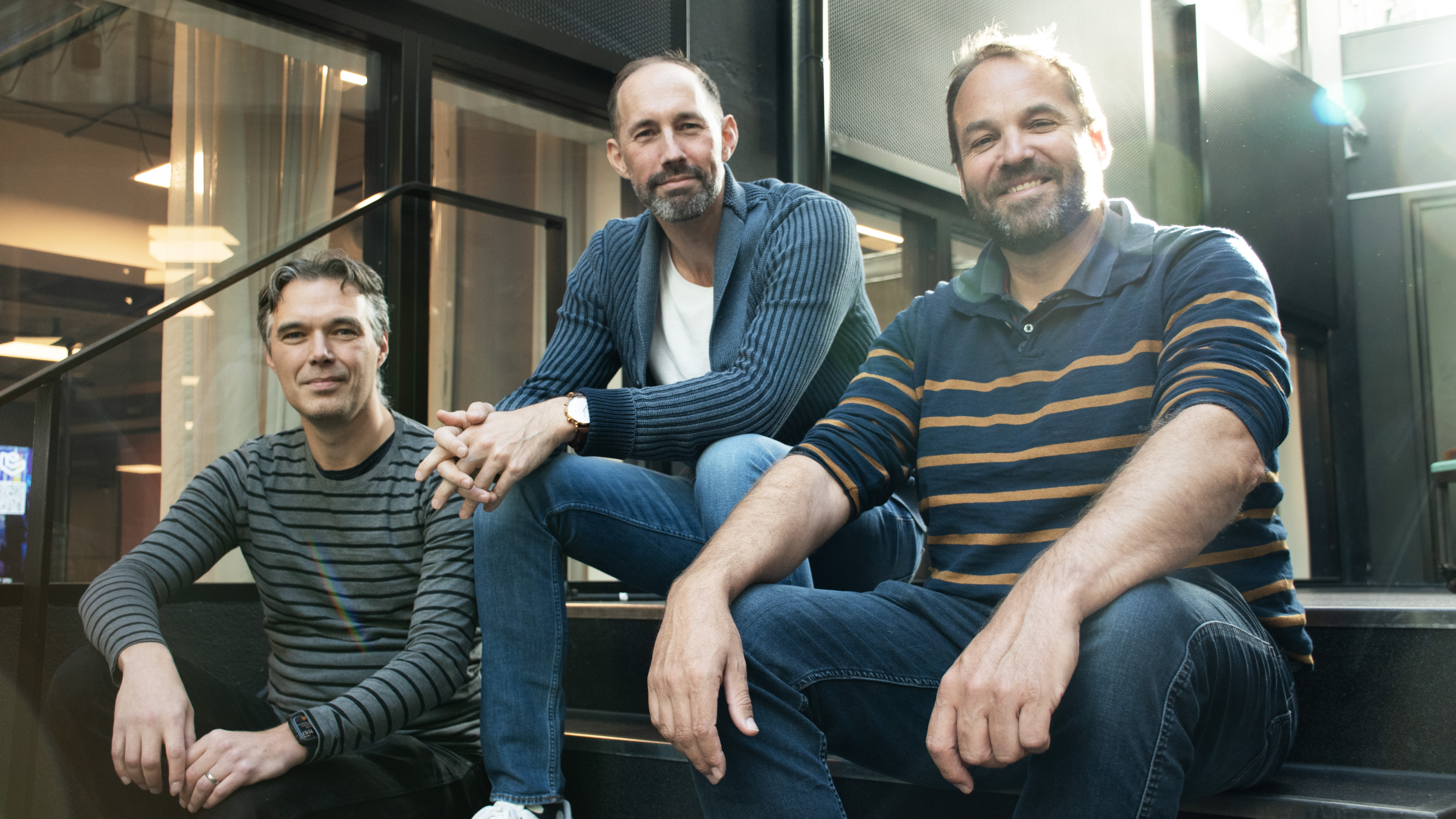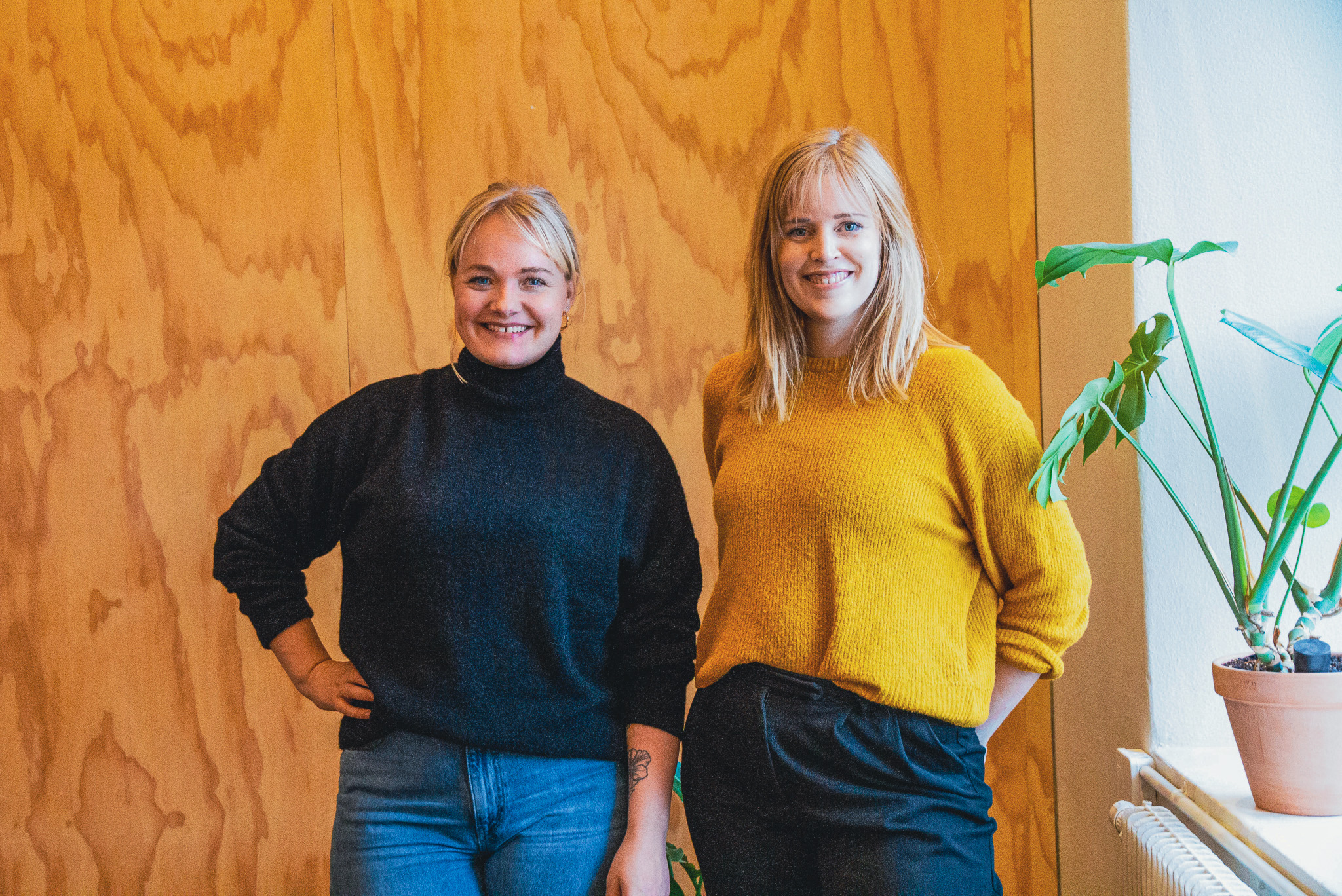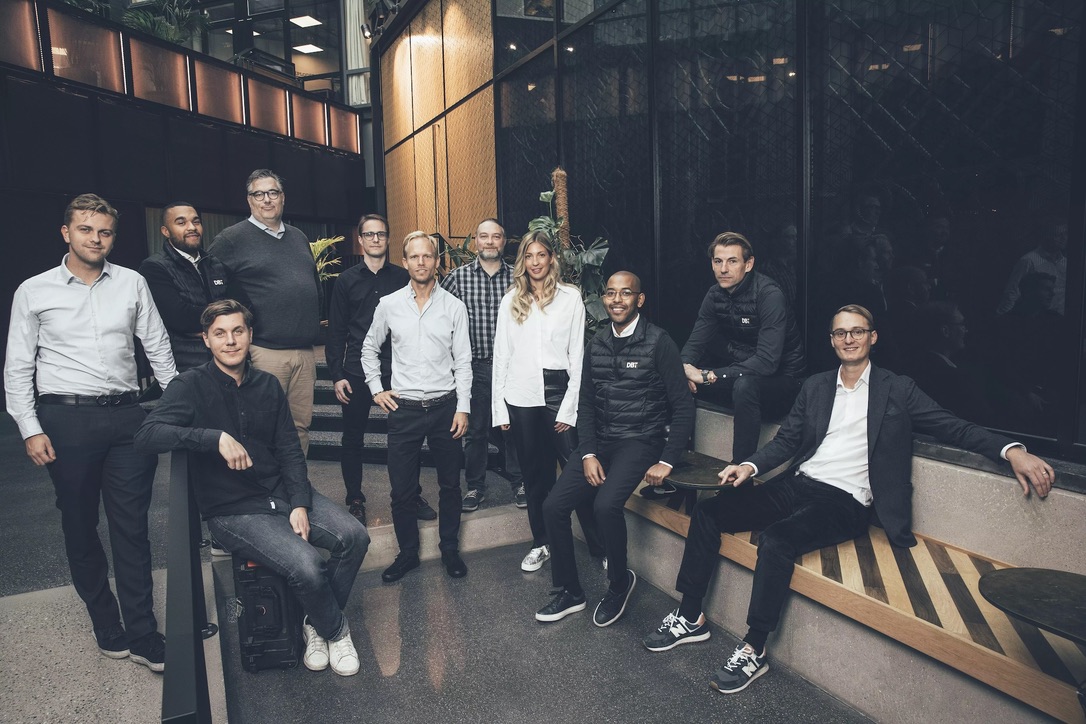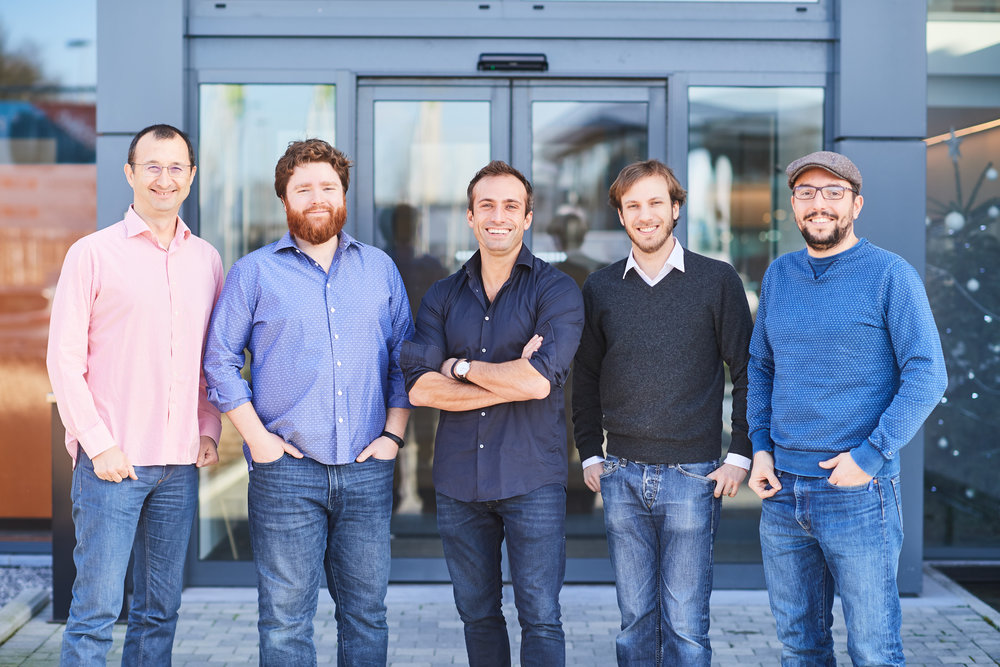Digitalisation of Properties.
Digitalisation of Properties.
How you reach higher impact when collaborating within an industry.
At Epicenter we believe that we reach more impact when we collaborate within and across industries, businesses and even competitors. With our clusters we gather companies and individuals around a common challenge or question that we innovate around together.
One example of this is our PropTech cluster ReDi – a group of companies and individuals with passion that have launched an initiative with a mission to make real estate better, more attractive, and more digital. ReDi is looking to create a better understanding around digitalization, infrastructure and standards in real estate all with the purpose of simplifying new digital and technical services, products and solutions.
The most innovative players within the real estate space joined forces
The group is represented by different companies within the real estate business that see the value of collaborating on questions and challenges that they collectively have identified as having a higher value to the industry, overlooking both competition and individual interest. Together the group addresses topics of interest and relevance, such as how 5G should be set-up and work indoors, what is important when looking at IoT in buildings, and what a landlord needs to think of when it comes to energy infrastructure.
The group consists of a mix of enthusiastic innovators, system architects, CIO’s, CTO’s, CDO’s business developers, and Technical heads. As a group each member comes from some of the most innovative companies within the real estate space. The companies behind ReDi are:
- Akademiska Hus
- AMF Fastigheter
- Castellum
- Epicenter
- Fabegé
- Fastighetsägarna
- Hufvudstaden
- Mimer, Stronghold
- Sveriges Allmännytta
- Vasakronan
It all started from an alignment on challenges that needed to be solved
At the early founding days of ReDi, a group of companies saw some overarching challenges in the digitalization journey of real estate. A number of high level topics were identified to be enablers to drive the evolution forward: connectivity, building automation, sustainability, physical security, and last but not least tenant service development. Each of these areas also had several branches that the group identified to be interesting to further review and the achieved results were agreed to be more impactful if working collectively. For example, rather than addressing, e.g. 5G indoors by themselves individually, each founding company saw a clear benefit of joining forces to better understand and drive change.
A challenge driven group on the hunt for solutions
The work process of the group is topic or challenge driven and they always start with trying to understand what the problem they are facing is. Once that is clearly defined and understood the group digs into the knowledge they have within the group and then combines it with external experts and industry leaders that are part of the group’s collective network.
The group works in a collaborative and democratic setting where the members raise ideas or concerns. After bringing a new challenge to the table the group discusses and then selects one where they believe they can make the biggest difference and impact. This is also one of the most challenging aspects of the work: scoping. As a group they always need to make sure that the challenge they work and focus their efforts on is relevant, meaning it’s not vague or shallow, but also manageable, meaning not too complex or broad.
The importance of a clear and meaningful why
The key value that ReDi creates is around meeting and solving difficult and important questions together, all in the spirit of building value for the members and better experiences for their customers. Tangible examples circle around how 5G can be provided and used in buildings, how IoT should be structured to support efficient management of buildings and generate valuable services. Having a clear why for the group makes the commitment high and the prioritization of focus correct.
The why also carries for the future goals of ReDi. They are looking to become smarter and more efficient as a collective and as individual players within the real estate industry. They also hope to create enough momentum in the market to start a debate about these important topics required in order to move the industry forward. In the long run they hope to be part of building a standardized view on the most important questions for the real estate industry.
Download our Playbook on Innovation for Growth
Once you have submitted the form you will receive an email with a download link for the playbook.
